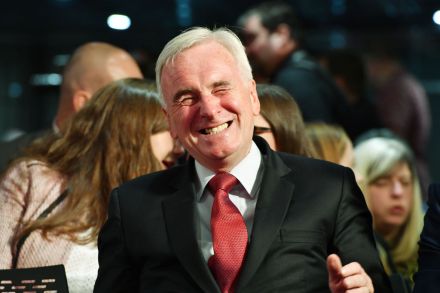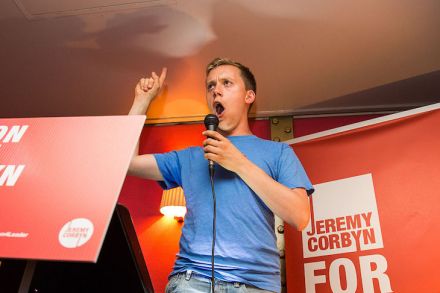Will Labour conference defy Jeremy Corbyn and back Remain?
Labour conference will this afternoon vote on three different motions on its Brexit position. There are two – one from the NEC, and one from delegates – which endorse the leadership’s plan to put this decision off until after the next general election, and then to hold a special one-day conference to decide instead. Then there’s an unambiguously pro-Remain motion. It’s going to be tight. Those around Jeremy Corbyn are anxious that conference doesn’t back the Remain stance, seeing it not just as a debate about policy, but as a move that could seriously undermine the Labour leader’s own position. Len McCluskey has just spoken to the conference hall, ostensibly
















